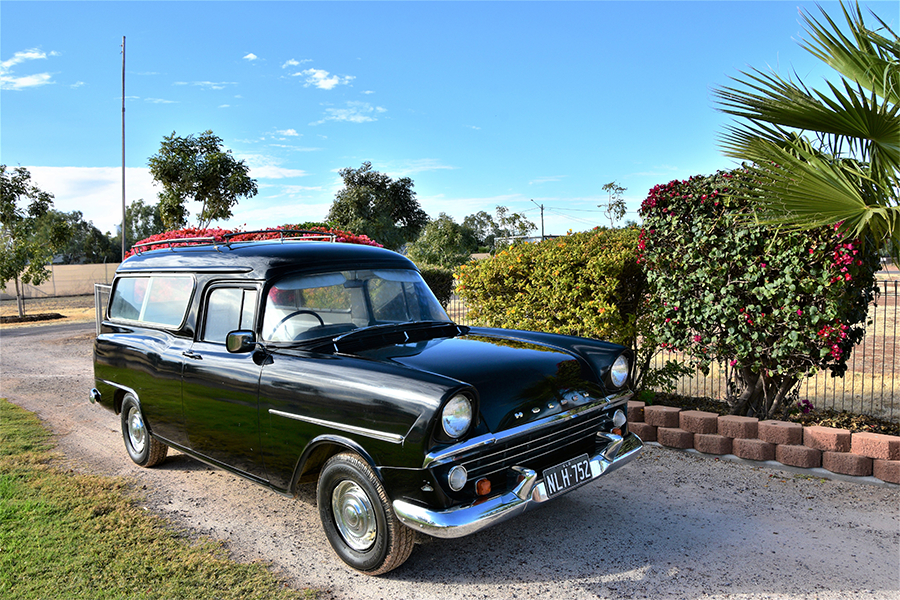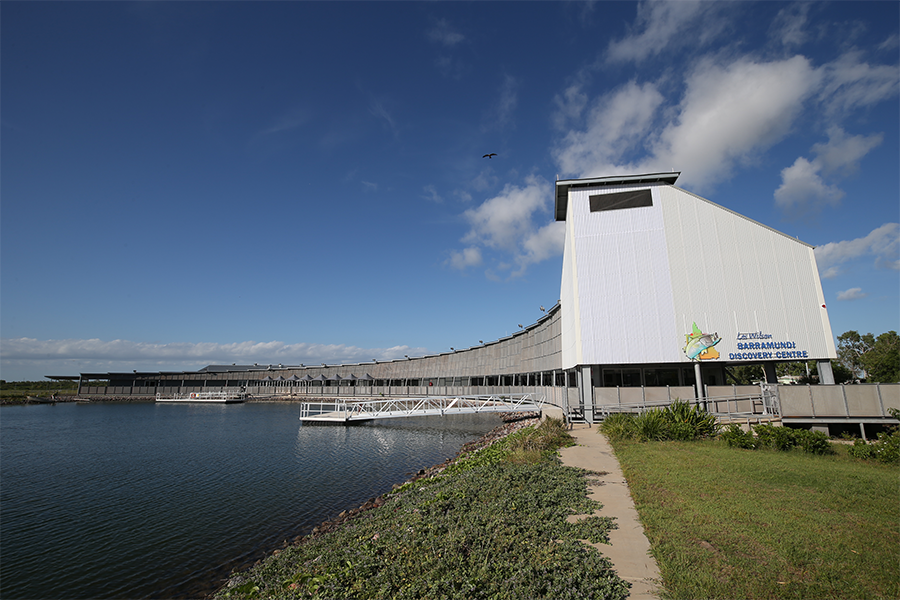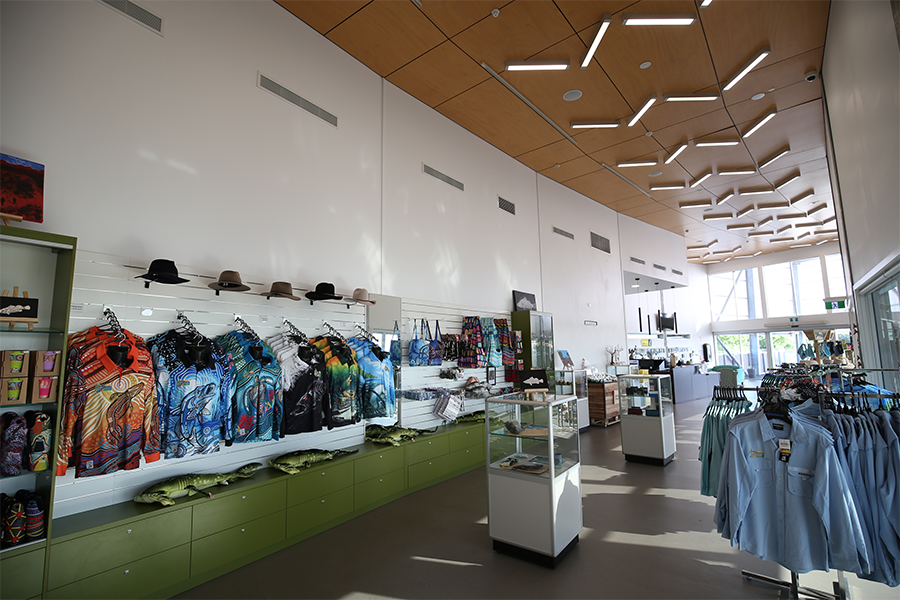By Tim Cox, LGAQ Communications Advisor
It’s a refrain—still—heard from time to time by local government leaders everywhere. ‘Councils should stick to roads, rates and rubbish.’ But can you imagine what Queensland’s communities would be like if its 77 councils did just that?
The scale and diversity of services provided by councils is quite remarkable and is crucial to ensuring Queensland communities can attract and retain residents and visitors of all ages and at all stages of their lives.
For example, from Boigu Island in the Torres Strait to Burleigh Waters on the Gold Coast, councils operate 333 public library branches and Indigenous Knowledge Centres. So, whether you’re in Burketown, Burpengary, Bundaberg or Bulimba, you’re never too far from your next ripping good read.
The 25 Indigenous Knowledge Centres are owned, managed and staffed by the First Nations councils, with the State Library of Queensland funding and setting up the centres, and also providing ongoing support through staff training and program delivery.
And, if you’re thinking of heading to beautiful Boigu Island (just six kilometres from mainland Papua New Guinea), you’ll almost certainly want to fly there and land at the Charlie Gibuma Memorial Airstrip. It’s one of 11 operated by Torres Strait Island Regional Council (TSIRC), which is one of the largest number of airports run by any Australian council.
The council-maintained airports play a vital role in regional and community connectivity and also serve Border Force, the Australian Quarantine and Inspection Service, plus state and federal police and emergency services.
And, vital for a community comprising 15 islands scattered across a vast expanse of open water, Council also looks after 15 barge ramps and 13 finger jetties, as well as—like all councils—roads, bridges, kerbs, culverts and storm water drains.
Winton Shire Mayor Gavin Baskett says people often overlook the services and facilities provided by, in particular, rural and regional councils.
“Out in the western councils, people require a lot of services that, otherwise, private enterprise may do. Childcare, aged care, undertaking service, wild dog baiting, stock routes… and these cost councils a lot of money and it’s hard to recover what it costs council to provide these services,” Mayor Baskett says.
“We can supply everything in Winton and we’re just building a new housing estate, which is next door to the independent aged living, which is next door to the hospital… so you can actually buy a house, raise a family, then move into the aged care and the into the hospital. It can all be done in one block now!”

Winton Shire Council's hearse
It’s the provision of undertaking and funeral services that often surprises people, along with Winton’s jaw-droppingly handsome hearse. Mayor Baskett says the service is carried out by Council’s parks and gardens staff.
“They mow the lawns, trim the hedges and then supply the undertaking services when we have a funeral,” he says.
“People management’s the biggest thing. It’s a difficult time for the families and they assist with selecting a coffin and talking about the service, drive the hearse… so they have to be very caring and understanding and that’s probably the main thing.
“The mental health side is a big thing, too, because sometimes you’ll be dealing with families you know quite well—and sometimes not so well—but you know everyone in the community pretty well, so that’s the tough side of it. And you have to keep professional on the day, so it’s very difficult and I hold my hat out to them, always go up and thank them at every service that I go to when they’re there and thank them for a great job.”
Bundaberg Regional Council operates one of the state’s oldest, continuously running zoological attractions. Alexandra Park Zoo commenced operations in 1911—the same year as the University of Queensland—and is fully accredited with the Zoo and Aquarium Association (ZAA), providing positive welfare conditions and meeting high standards.
Over more than a century, the zoo’s residents have included koalas, saltwater crocodiles, gazelles, cassowaries, kangaroos, wallabies, rhesus monkeys and many more. The zoo was also, famously, the ‘retirement home’ of Torty, a Madagascan land tortoise. Already 36 years old when she arrived in the region in 1884, Torty lived with the Powe family across five generations before she was donated to the zoo, where she spent the final 20 years of her life, dying in 1984 at an estimated age of 137 years.
To put Torty’s remarkable life into historical context, she was born in the year before the first European settlement in the Wide Bay and Burnett region, when squatters Blaxland and Forster established a sheep station on the site of much of modern-day Bundaberg—all more than a decade before Queensland would separate from New South Wales and become a colony in its own right.
Younger but no less significant is current zoo attraction—and Torty’s distant relative—Alby, a white-throated snapping turtle, a critically endangered species found only in the Burnett, Fitzroy, and Mary River systems.
Alby—who can breathe through his bum—sports lime green ‘hair’ (a perfectly healthy algal growth) that makes him a favourite with zoo visitors of all ages. And while Bundaberg might be celebrated for what leaves the city in bottles, both brown and square alike, Mackay Regional Council’s Sarina Sugar Shed is an unsurprisingly popular destination for visitors, keen to sample its wares—including award-winning rums and rum-based liqueurs.
In fact, last December the ‘Sugar Shed Classic’ was awarded a gold medal in the rum liqueur category at the 2021 Australian Distilled Spirits Awards—the Sugar Shed’s first gold and one of only two awarded in the category for all of Australia—and bronze medals for its three-year SB15 rum and (aptly-named) Sarina Rum Liqueur 2016 Celebration Edition.
The Sugar Shed clocked up 15 years of operation last September and offers visitors a look behind the scenes with a guided ‘story of sugar’ tour that includes an up-close look at how the cane is crushed, in a specially built miniature mill, which operates during the crushing season (late June to early December).

The Sugar Shed's 3-year rum
The list of Queensland council-owned and/or -run services is endless. Camping grounds, caravan parks, historic sites, visitor information and interpretation centres, butchers, bakeries, and pretty much every type of sporting facility you can think of.
Isaac Regional Council is currently looking for operators to re-establish and reinvigorate the golf and bowls clubs that were formerly operated by the Glenden Town Club. The clubs come with requisite “tools of trade” assets and Council stepped in when the Town Club moved out, taking back the disused assets as a consequence of various items of local history being abandoned with the clubs.
Carpentaria Shire Council maintains and operates the Les Wilson Barramundi Discovery Centre and barramundi hatchery in Karumba to do its part in maintaining a sustainable industry, while Fraser Coast Regional Council is using wastewater toirrigate hardwood plantations growing 30,000 trees.

The Les Wilson Barramundi Discovery Centre

The Les Wilson Barramundi Discovery Centre
Mayor George Seymour says the 28-hectare plantation at Nikenbah, which commenced planting in December 2020, makes Council a national leader in reusing treated effluent for farming and agroforestry.
“The project will prevent more than 4,000 kilograms of nutrients a year being discharged into the ocean by utilising excess treated effluent from the region,” he says.
Some 2,441 million litres of recycled water are used annually to irrigate Council’s timber plantations, with a further 3,000 million litres used by farmers at Maryborough and Hervey Bay. Mayor Seymour says the Nikenbah plantation would see the use of recycled water increase by 135 million litres a year to 2,576 million litres.
“That’s good for the environment and good for the Great Barrier Reef,” he says.
Mayor Baskett says there are always calls on councils to provide more services, but he asserts that “everything you can get in a big town; you can get in Winton”.
“We’ve got to pick up the ball from when either a service leaves or supply a service that’s in another town, and what we’re trying to do in these small towns—especially Winton—is improve liveability,” he says.
“The more services you have, the more liveability you have, especially for young people, though we go right through the ages. We supply the aged care packages, because the last thing you want is someone who’s been in the community all their life and then, when they have a battle looking after themselves, they’ve got to move to another town.”
If you’re thinking of visiting Winton—yes—this is another council that looks after its airport, so you’re in council hands even before you touch down.
And, of course, Council also runs the taxi that will get you into town. As Mayor Baskett puts it, “we’re doing pretty much everything. But if we don’t do it, nobody else will!”